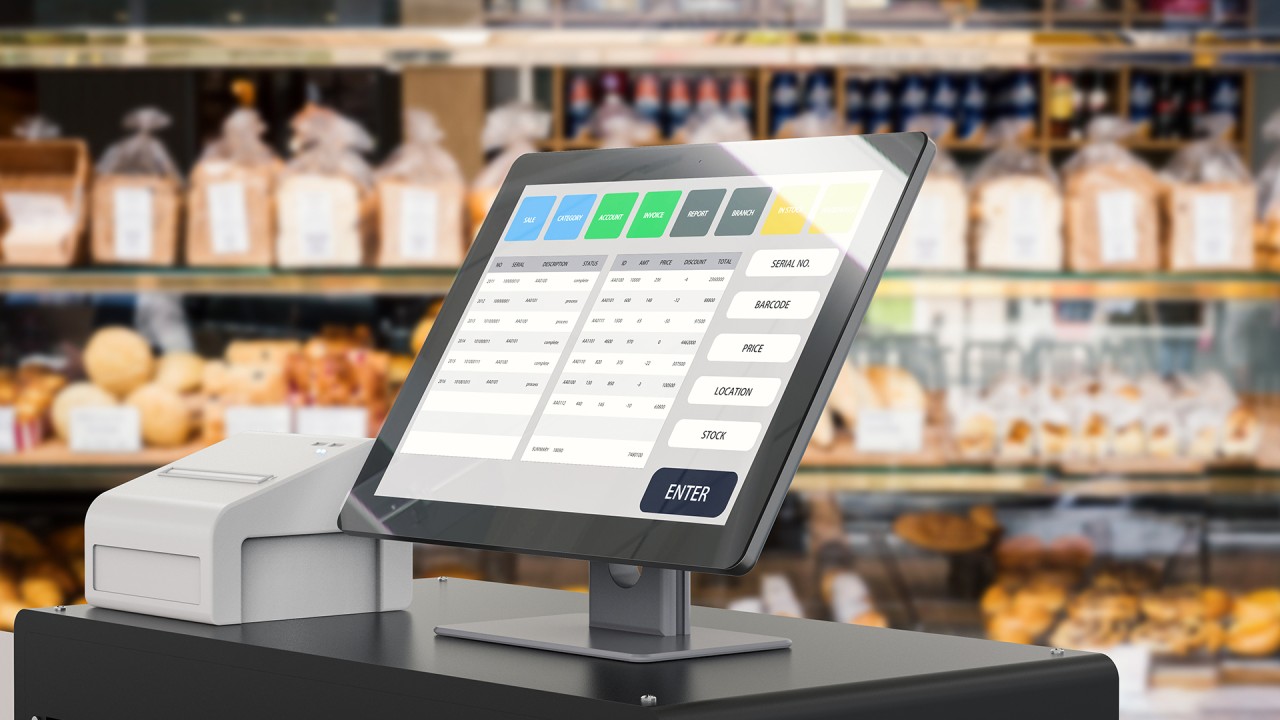Selecting the right Point of Sale (POS) system is a critical decision for businesses in Kenya. As technology continues to evolve, businesses are faced with the choice between traditional on-premises POS systems and modern cloud-based alternatives. In this article, we will compare the advantages and disadvantages of both options to help you determine which is right for your Kenyan business.
Cloud POS: A Modern Approach
Advantages of Cloud POS
1. Accessibility from Anywhere
Pros: Cloud POS systems are accessible from anywhere with an internet connection, allowing business owners to monitor and manage operations remotely.
Cons: Reliant on a stable internet connection; downtime can disrupt operations.
2. Scalability
Pros: Cloud POS systems are easily scalable, accommodating growth by adding registers or locations as needed.
Cons: Monthly subscription costs can increase as your business expands.
3. Automatic Updates
Pros: Cloud POS systems often receive automatic updates, ensuring access to the latest features and security patches.
Cons: Updates may occasionally introduce compatibility issues.
4. Cost-Efficiency
Pros: Lower upfront costs as there's no need for expensive on-site servers. Monthly subscription fees may be more manageable.
Cons: Long-term subscription costs may surpass the upfront costs of traditional systems.
5. Real-Time Data
Pros: Real-time data and analytics enable informed decision-making and trend analysis.
Cons: Heavily reliant on the provider's servers; downtime can result in data inaccessibility.
Traditional POS: The Conventional Choice
Advantages of Traditional POS
1. No Internet Dependency
Pros: Traditional POS systems operate independently of the internet, reducing the risk of downtime due to connectivity issues.
Cons: Limited remote access; requires physical presence for management.
2. Full Control
Pros: Businesses have full control over their hardware and software, allowing for tailored configurations.
Cons: Higher upfront costs and the responsibility of hardware maintenance.
3. Reliability
Pros: Traditional systems are known for their reliability and stability.
Cons: Limited scalability; expanding requires significant hardware investments.
4. Security Control:
Pros: Businesses have direct control over data security and can implement customized security measures.
Cons: Security is entirely dependent on in-house expertise and resources.
5. Lower Long-Term Costs:
Pros: Over time, traditional POS systems may result in lower total costs of ownership due to the absence of recurring subscription fees.
Cons: Higher initial investment can be a barrier for small businesses.
Making the Choice: What's Right for Your Kenyan Business?
The choice between cloud POS and traditional POS depends on your specific business needs, budget, and long-term goals. Consider the following factors when making your decision:
- Budget: Cloud POS systems typically have lower upfront costs but involve ongoing subscription fees. Traditional POS systems require a larger initial investment but may offer cost savings in the long run.
- Scalability: If your business plans to expand or open multiple locations, cloud POS systems are more flexible and cost-effective for accommodating growth.
- Reliability: Consider the stability of your internet connection and the potential impact of downtime on your operations.
- Security: Evaluate your business's data security needs and whether you have the expertise to implement and maintain security measures.
- Control: Determine how much control you want over your POS system's hardware and software configuration.
- Accessibility: Think about your need for remote access and whether real-time data analytics are essential for your business.
Conclusion: Tailoring Your POS System to Your Kenyan Business
The decision between cloud POS and traditional POS should align with your business's unique requirements and priorities. Both options offer advantages and disadvantages, and what works best for one business may not be suitable for another.
By carefully assessing your needs and understanding the pros and cons of each system, you can make an informed choice that will empower your Kenyan business to thrive in today's competitive marketplace.


